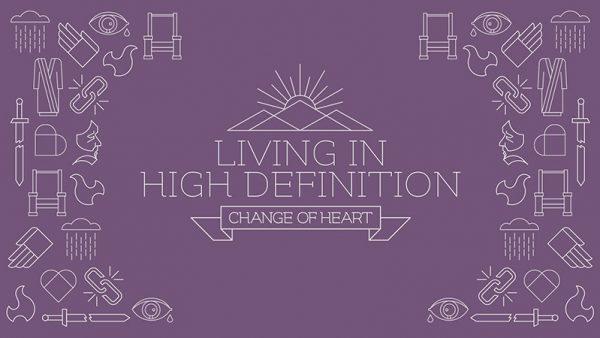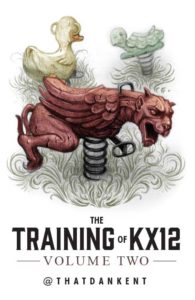Writing is seduction. Stephen King said that.* I like this metaphor because, whoa, have I beheld terrible attempts at seduction! I’ve worked at night clubs and fancy restaurants. I’ve heard pickup lines bad enough to flatten your beer. I’ve smelled colognes and perfumes so thick the fire alarms went off. The gimmicks people use to turn each other on, well, I blush a deep-and-existential blush at the rampant folly of…
Book Review: Five Stars for Piper’s Five Points —A Decent Articulation of an Indecent Theology
5 out of 5 stars. In John Piper’s “Five Points: Towards a Deeper Experience of God’s Grace,” Piper lays down a clear case for this crazy crazy crazy theology, complete with Piper’s self-assured tone and total blindness to his own domineering presuppositions. In typical John Piper fashion, which I’ve come to simply consider part of…
Crack Open a Can of Buzz Kill: The Absurdity of Energy Drinks
I worked at this fun, though admittedly garish, restaurant called Planet Hollywood while in college. After a particularly grueling week of classes, pummeled by tests and papers, I dragged my weary body into work. One of our bartenders, Gretchen, sat at the break-room table playing with a freshly lit cigarette. “You look like shit,” she…
Commentary: Lesser Drugs
LESSER DRUGS uncle Casey made me laugh so hard, when I was a kid, I’d cry. one time we were laughing I couldn’t even breathe. another time, in the truck, we made Grandpa mad: “Dammit, I’m tryna’ drive” (but pretty soon he was laughing too) Casey. he showed me treasures of humor and joys hidden…
Now Available!
Confident Humility:
Becoming Your Full Self Without Becoming Full Of Yourself
"In the spirit of Dallas Willard... Dan addresses one of the most persistent problems that Christians face: Why does our faith in God’s transforming love transform us so little?”
-From the foreword by Greg Boyd, author of Letters From a Skeptic
Almost all self-help books emerge from one of two flawed views of the self, and these mutually exclusive ditches are destructive. The Ditch of Smallness says that people are fundamentally bad and that humanity's greatest spiritual threat is pride. The Ditch of Bigness says the exact opposite: people are fundamentally good, and shame is our greatest danger.
Dan Kent presents a third view, a road between the ditches. He shows how the humility Jesus revealed offers the most accurate and freeing view of the self. Whereas shame and arrogance are dysfunction steroids (making our depression darker, our anxiety tighter, our addictions stickier, and so forth), humility, as Jesus teaches it, counteracts both shame and pride, thereby subverting two major psychological forces that thwart us.
Once we embrace this new way of seeing ourselves--how Jesus sees us--we begin to relate to ourselves, to others, and to the world around us in a way that allows us to overcome a whole host of vices and self-sabotaging behaviors. Furthermore, whereas the ditches both lead to powerlessness and passivity, humility as Jesus teaches it is empowering, fosters proactivity, and serves as a scaffold for true confidence.
Confident Humilty Learning Tools:
Study Guides
Daniel Kent (@thatdankent) was born to a 14 year old mother in the humorless tundra of Northern Minnesota. He went to college to figure out if God exists and taught his first college course when he was 25. He wrote his first novel when he was 12 (a nature adventure story, hand-written on 20 sheets of loose-leaf paper and sent off to New York for publication. Unfortunately, the publishing company was "not considering material of this type at this time").
Due to a chronic tendency to underestimate the difficulty of a task, combined with a spirit of stubborn determination, Daniel decided to learn programming. Realizing he was a lousy programmer, he returned to his love of writing. His first book ("The Training of KX12") has been a surprise hit. In 2019, Fortress Press published his best-selling book: Confident Humility: Becoming Your Full Self Without Becoming Full of Yourself.
He is the editor in chief (and occasional contributor) for Greg Boyd's blog ReKnew.org and is the host of the wildly popular podcast: "Greg Boyd: Apologies & Explanations."


















